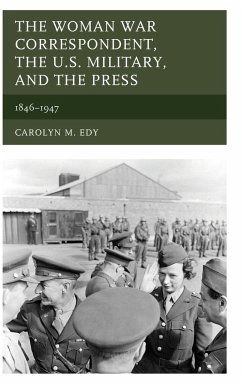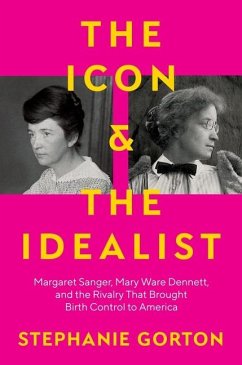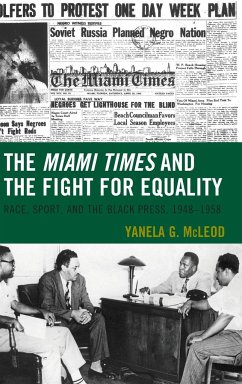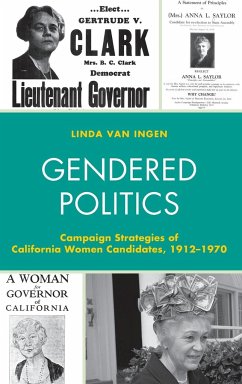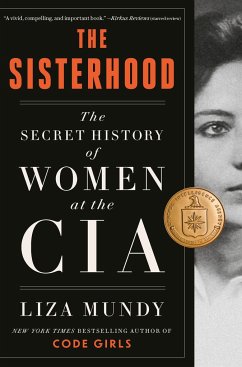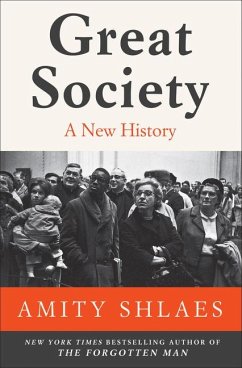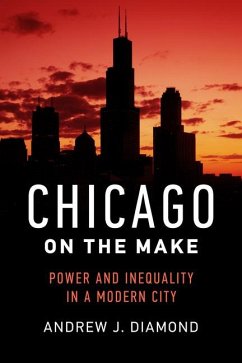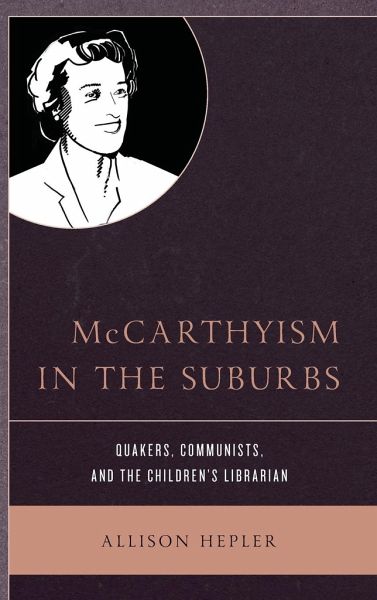
McCarthyism in the Suburbs
Quakers, Communists, and the Children's Librarian
Versandkostenfrei!
Versandfertig in über 4 Wochen
104,99 €
inkl. MwSt.
Weitere Ausgaben:

PAYBACK Punkte
52 °P sammeln!
This study examines the effects of McCarthyism and anti-communist investigations at the local level. The author uses the case of Mary Knowles—a librarian who was investigated in the 1950s for alleged communist sympathies—to analyze how communities, local officials, and ordinary people were impacted by the politics surrounding the Cold War.




